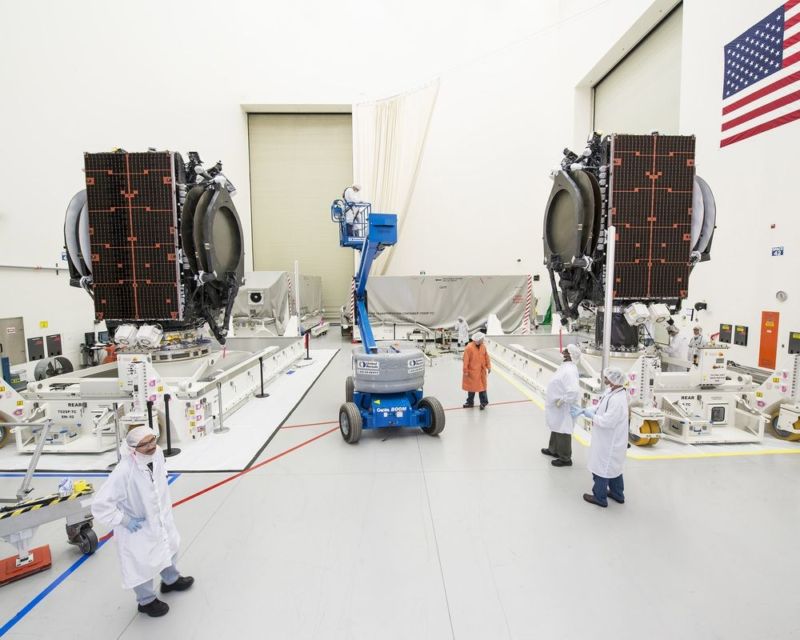
Gregory Allen Justice, a 49-year-old engineer living in Culver City, Calif., has pleaded guilty to charges of attempted economic espionage and attempted violation of the Export Control Act. Justice, who according to his father worked for Boeing Satellite Systems in El Segundo, Calif., was arrested last July after selling technical documents about satellite systems to someone he believed to be a Russian intelligence agent. Instead, he sold the docs to an undercover Federal Bureau of Investigation employee. The sting was part of a joint operation by the FBI and the US Air Force Office of Special Investigations.
The documents provided by Justice to the undercover agent included information on technology on the US Munitions List, meaning they were regulated by government International Trade in Arms regulations (ITAR). "In exchange for providing these materials during a series of meeting between February and July of 2016, Justice sought and received thousands of dollars in cash payments," a Justice Department spokesperson said in a statement. "During one meeting, Justice and the undercover agent discussed developing a relationship like one depicted on the television show 'The Americans.'"
Just before he was arrested, Justice offered to take the agent on a tour of the facility where he worked—where he told the agent "all military satellites were built," according Justice's plea agreement.
According to a Los Angeles Times report, Justice was approached by the undercover agent after a search of his car in January 2016 uncovered handwritten notes with the addresses of the Russian consulate in San Francisco and the Russian embassy in Washington, DC. Justice told the agent that he needed the money for his wife's mounting medical bills. However, he sent $21,000 in cash and a number of gifts he purchased with the payments from the agent to another woman (referred to as "C.M." in court documents).
reader comments
102